How The Permit Services Department Can Improve Building Code Enforcement

“When government fears the people, there is liberty. When the people fear the government, there is tyranny.”
—Thomas Jefferson

It’s true what they say, “The more things change, the more they stay the same.” At least, that’s the case within Ventura Permit Services Department.
Nine years after the Ventura Grand Jury ruled that Ventura’s Code Enforcement Division was too aggressive, change has been slow in the Permit Services Department. So much so that during the 2020 City Council elections, three candidates ran on platforms to improve the department’s behavior. Now the City of Ventura believes that things will get better if it follows the consultant’s report titled the Matrix Report. However, those changes don’t go far enough. There needs to be a change in the philosophy within the department to make meaningful changes.
How Residents Interact With The Permit Services Department
One way to get involved in Ventura’s code enforcement is through the building and safety portion of the Permit Services Department. When a property owner applies for a building permit to perform some work to build or make home improvements, plans are required, and once a property owner starts the process, complications and delays begin.
For simple tasks, the owner pays a scheduled fee and the city issues a permit. An example of an easy job is replacing a water heater. After installing the heater, the property owner calls for an inspector.
A second way that owners can enter the system is through the involuntary Code Enforcement branch of Permit Services. In this scenario, someone complains about what the property owner is doing and calls City Hall and a code enforcement officer arrives on the scene to investigate the complaint.
The Process Breaks Down
It was clear to residents that a problem existed in 2012. Camille Harris, a concerned citizen, presented solutions to the city’s unfair code enforcement practices on CAPS TV. The feeling among residents was to avoid the building process as much as possible.
The 2011-2012 Ventura County Grand Jury opened an inquiry into the City of Ventura and its Code Enforcement Department’s practices and fee policies. At the time, many citizens complained of aggressive enforcement actions, verbal threats from code enforcement officers, unauthorized searches, threatening documents, preferential treatment, and an unfair appellate system. The Grand Jury condemned these code enforcement practices.
Changes within Ventura Code Enforcement Since 2012
The consultants made several recommendations in the Matrix Report. Click here for a complete listing of the changes.
Structurally, personnel and the department have changed. The Planning Department is now the Permit Services Department. Jonathan Wood is the Permits and Enforcement manager, and he oversees both permit issuance and code enforcement. Mr. Wood reports to Peter Gilli, the Community Development Director. In turn, Mr. Gilli answers to Akbar Alikhan, the Assistant City Manager. (see the Organization Chart)

What Hasn’t Changed With Ventura Permit Services
By the end of June, the city will have completed 50% of the recommendations in the Matrix Report. Despite that, several things remain troublesome within Code Enforcement and Permit Services.
- To residents, Code Enforcement and Permit Services appear to be punitive. For 40 years, department managers have said, “We work with people to make it user-friendly.” However, that statement is no more than ‘lip service.’ In reality, inspectors act as if they were police officers. They flash an official badge and demand entry, or they will get a warrant—the same behavior listed in the Grand Jury report. Several property owners told us disturbing stories. In some instances, one or more code enforcement inspectors arrive on-site uninvited. They videotape the scene and then write the property owners up.
- Code enforcement employees defend their actions by saying they are looking out for everyone’s safety by enforcing state building codes. They didn’t create the regulations; they enforce them—the Nüremberg
 defense.
defense.
When asked about judgment on the job, Mr. Wood puts it this way. “If there are areas with no life safety concerns that we can refer to the spirit of the law through common sense and judgment, we will.” Yet, we heard stories to the contrary. Property owners told us about inspectors that enter older buildings. They try to apply current building standards to them instead of researching the building standards at the time of construction.
It’s Not Easy To Protest
Protesting an accusation is difficult, time-consuming and frustrating. Once Code Enforcement receives a complaint, they assume the property owner is guilty until proven innocent. This mindset is contrary to the legal system in our country.
Inviting New Problems Into Your Home
 Permit Services still uses intimidation as a weapon. For example, the property owner calls for an inspection after installing a water heater replacement. The inspector arrives to make sure the water heater is hooked up correctly, the gas connection is correct, and the heater is strapped for earthquake protection. While there, the inspector looks for other building issues such as electrical, gas, venting, unpermitted structures, and more. If they see something, then off it goes to Code Enforcement. The homeowner soon receives a letter demanding corrections and threatening penalties unless the property owner makes changes within a limited time.
Permit Services still uses intimidation as a weapon. For example, the property owner calls for an inspection after installing a water heater replacement. The inspector arrives to make sure the water heater is hooked up correctly, the gas connection is correct, and the heater is strapped for earthquake protection. While there, the inspector looks for other building issues such as electrical, gas, venting, unpermitted structures, and more. If they see something, then off it goes to Code Enforcement. The homeowner soon receives a letter demanding corrections and threatening penalties unless the property owner makes changes within a limited time.
Permit Services Turns Neighbor Against Neighbor
 Complaints drive almost all the code enforcement investigations. Reacting to accusations leaves little time for inspectors to discover infractions on their own.
Complaints drive almost all the code enforcement investigations. Reacting to accusations leaves little time for inspectors to discover infractions on their own.
Code Enforcement now forbids anonymous complainers. Anonymous informants were a source of irritation to property owners in the past. Yet, even if the informant identifies himself, it doesn’t prevent mischievous acts. One individual complained about a downtown business. It turns out the complainer owned a competing company and didn’t want his competitor to get an advantage.
Fear of Retaliation and Horror Stories
We heard many horror stories researching this topic, yet we cannot write about them because the property owners feared retribution or retaliation. Inciting fear seems contrary to creating a cooperative environment to improve the city. One theme was universal among the people we interviewed. No one sees a change in the mentality in Permit Services.
The Building and Planning Process Gets Longer
In the recent past, it took about 90 days to get a construction permit in Ventura. Today, it could take years. One contractor put it this way, “Ventura takes homeowner’s dreams and crushes them.”

More Promises of Change in Permit Services
Changes are happening, but will they be enough? Two examples in 2020 illustrate some possible deficiencies.
First, the Matrix Report recommends that the city digitize its planning and permitting processes.
When COVID-19 hit, the city accelerated the conversion to digital. With change come problems. There was a two-month period when the system misplaced plans. Residents might tolerate hiccups during the conversion under normal circumstances. But this delay affected homeowners rebuilding after the Thomas Fire. The City Council promised the victims a speedy return to their homes. This delay was contrary to the Council’s stated intent.
Second, the city decided to streamline the communication process with Permit Services. The idea was to limit the points of contact to the department. For example, there is now only one telephone number and one email address to reach Permit Services. City managers thought a single point of contact would make communicating more straightforward. Yet, it has had the opposite effect.
Triaging the incoming communication can be slow. Then, when assigning the case to a caseworker, they will have to rank the request based on their workload. To anyone outside the department, the situation is not transparent. The name and contact information for the caseworker isn’t known until that person contacts the property owner. There are also times when a case isn’t assigned immediately, and it sits in limbo. With only one phone number or email, it’s impossible to follow up.
Editors Comments
Nine years ago, the Ventura Grand Jury recommended changes in Ventura’s Permit Services Department. Today, the city is making changes slowly. Unfortunately, stifling regulations, protracted processes and fees provide property owners no compelling reason to improve their properties. Little wonder that property owners are skeptical if any lasting change will happen at all. As a result, development in the city has been slow and difficult. Some victims of the Thomas Fire still are not returned to their rebuilt homes. That is unforgivable.
 The city is implementing the Matrix Report. Yet, according to the timetable, the implementation will be 50% complete at best at the end of June 2021. And nothing in the Matrix report addresses the core problem: the attitude within the department.
The city is implementing the Matrix Report. Yet, according to the timetable, the implementation will be 50% complete at best at the end of June 2021. And nothing in the Matrix report addresses the core problem: the attitude within the department.
The current philosophy in Permit Services is that the employees are there to enforce the rules—like the police force. Enforcement officers and inspectors carry badges and threaten penalties and fines as if they were the police. Nothing in the current process encourages the property owners to want to get permits and to have a qualified inspector look at what they are planning to do. That’s a shame.
If the department changed their attitudes ever so slightly to work with people and make the permitting and building process user-friendly, citizens wouldn’t fear working with Permit Services.
Seriously Consider Another Option
Some residents have suggested a citizen’s board or commission to oversee Permit Services. This idea would only create another bureaucratic and ‘toothless’ political group that the city staff will marginalize.
Any Board or Commission still does not alleviate the fear of retaliation. There must be anonymity. The city needs an independent body, not controlled by the City Council, but with some ‘enforcement power.’ The details of such a body are not precise, but there is a model of an independent body called the ‘Long-Term-Care Ombudsmen program’ that creators can emulate and modify. Property owners could appeal to a state agency in case of a dispute. A single hearing could rectify abuses and award punitive damages.
Now is the time to act before the city loses focus on making the needed changes to Permit Services.
Demand The City Council Makes Meaningful Changes To The Permit Services Department
Below you’ll find the photos of our current City Council. Click on any Councilmember’s photo and you’ll open your email program ready to write directly to that Councilmember.
 |
 |
|
 |
 |
|
 |
 |
|
 |
For more information like this, subscribe to our newsletter, Res Publica. Click here to enter your name and email address.




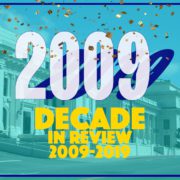


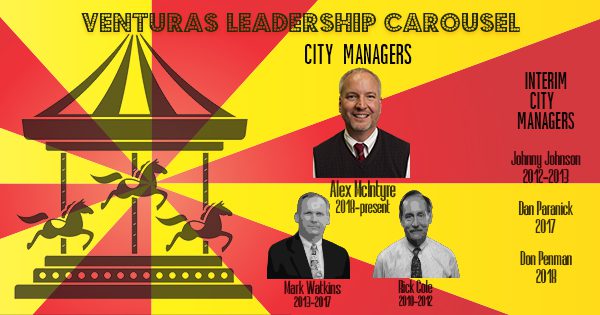 It’s remarkable that the city accomplished anything in the 2010s. We had three City Managers and three Interim City Managers. No one person was in the role for more than three years. Turnover created a leadership vacuum that minimized any chance for meaningful change.
It’s remarkable that the city accomplished anything in the 2010s. We had three City Managers and three Interim City Managers. No one person was in the role for more than three years. Turnover created a leadership vacuum that minimized any chance for meaningful change.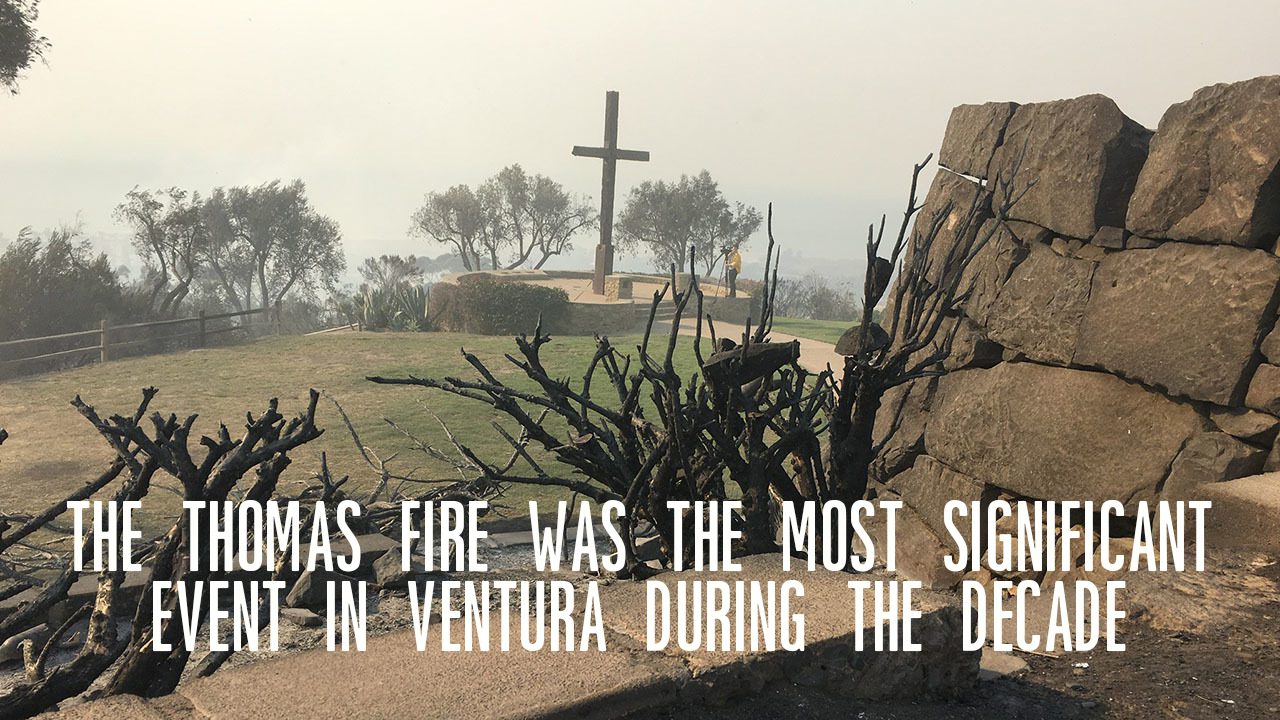
 The Consent Decree stems from a federal complaint filed by Whistoya Foundation [
The Consent Decree stems from a federal complaint filed by Whistoya Foundation [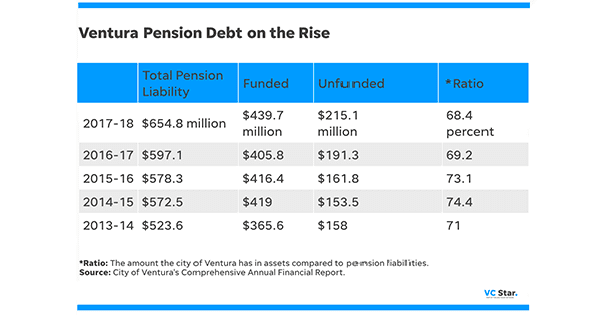
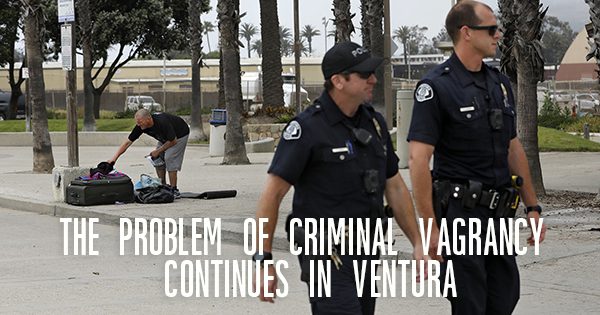 Sounds good, right? That is until you see the price tag. Developers don’t just build housing projects; they construct ridiculously overpriced, overbuilt housing projects. (Keep in mind Ventura’s permitting fees and stringent building codes). Cities and counties create massive bureaucracies. The nonprofits don’t just run these projects; they operate vast bureaucratic empires. These fiefdoms have overhead, marketing budgets, and executive salaries that do nothing for the homeless. They do not overpay the workers in the shelter.
Sounds good, right? That is until you see the price tag. Developers don’t just build housing projects; they construct ridiculously overpriced, overbuilt housing projects. (Keep in mind Ventura’s permitting fees and stringent building codes). Cities and counties create massive bureaucracies. The nonprofits don’t just run these projects; they operate vast bureaucratic empires. These fiefdoms have overhead, marketing budgets, and executive salaries that do nothing for the homeless. They do not overpay the workers in the shelter.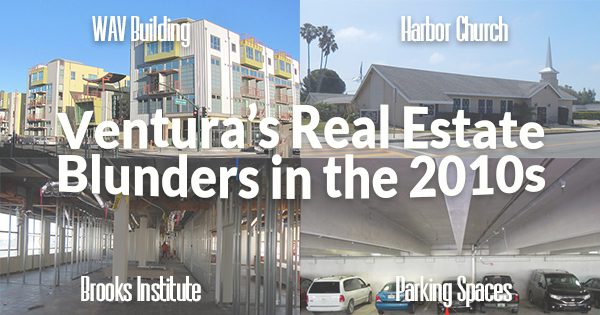
 The concept flopped. The condos finally sold in 2018 for a fraction of what the city hoped to get. Buyers paid $413,000-$470,000 for the units. Once the sale completed, the mortgage holder, Chase, was repaid both principal and interest. Ventura Water was left holding the bag, however, for the $1 million “loaned” to the city. The city received only $105,893 from the sale of the condos after paying the Construction Loan, sales commissions, sales expenses, the City Deferred Impact Fee Loan and the developer.
The concept flopped. The condos finally sold in 2018 for a fraction of what the city hoped to get. Buyers paid $413,000-$470,000 for the units. Once the sale completed, the mortgage holder, Chase, was repaid both principal and interest. Ventura Water was left holding the bag, however, for the $1 million “loaned” to the city. The city received only $105,893 from the sale of the condos after paying the Construction Loan, sales commissions, sales expenses, the City Deferred Impact Fee Loan and the developer.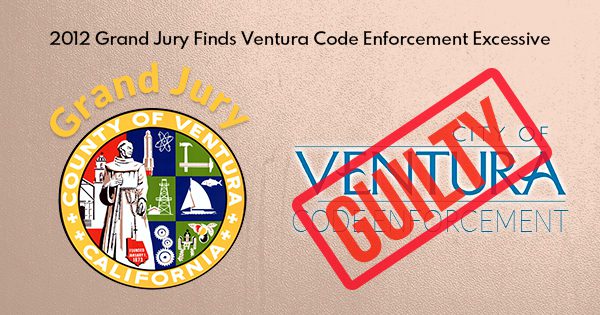 City government and Code Enforcement officers serve a valuable and essential service to our community until they start acting like bullies with their use of force, intimidation, abuse of power and excessive punishment of the citizenry.
City government and Code Enforcement officers serve a valuable and essential service to our community until they start acting like bullies with their use of force, intimidation, abuse of power and excessive punishment of the citizenry.










